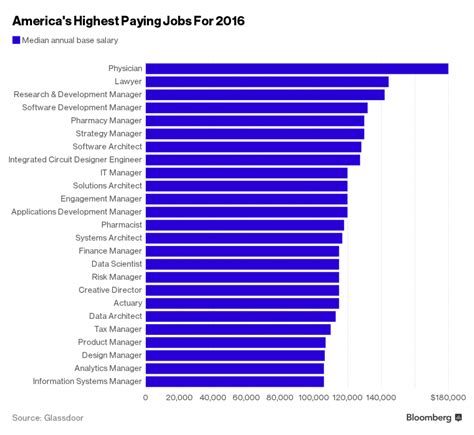Lowest-Paying Jobs In America: 25 Occupations Ranked

Money is crucial to our everyday lives. It pays for our food, housing, transportation, and even our hobbies. However, not everyone is fortunate enough to have a high-paying job. In fact, some jobs pay so little that it’s difficult to make ends meet. In this article, we’ll be discussing the 25 lowest-paying jobs in America and how they rank.
What is the Definition of a Low-Paying Job?
Before we dive into the list, it’s important to define what a low-paying job is. According to the Bureau of Labor Statistics, a low-paying job is one that pays less than two-thirds of the median hourly wage. In 2021, the median hourly wage in the United States was $20.17.
25 Lowest-Paying Jobs in America
Here are the 25 lowest-paying jobs in America, ranked from highest to lowest pay:
- Food Preparation and Serving Workers
- Fast Food Cooks
- Dishwashers
- Counter Attendants, Cafeteria, Food Concession, and Coffee Shop
- Shampooers
- Ushers, Lobby Attendants, and Ticket Takers
- Amusement and Recreation Attendants
- Cashiers
- Hosts and Hostesses, Restaurant, Lounge, and Coffee Shop
- Cleaners of Vehicles and Equipment
- Pressers, Textile, Garment, and Related Materials
- Personal Care Aides
- Home Health Aides
- Maids and Housekeeping Cleaners
- Landscaping and Groundskeeping Workers
- Manicurists and Pedicurists
- Tire Repairers and Changers
- Cooks, Short Order
- Gaming Dealers
- Farmworkers and Laborers, Crop, Nursery, and Greenhouse
- Textile, Apparel, and Furnishings Workers, All Other
- Shoe and Leather Workers and Repairers
- Graders and Sorters, Agricultural Products
- Dining Room and Cafeteria Attendants and Bartender Helpers
- Entertainment Attendants and Related Workers, All Other
What Are the Consequences of Having a Low-Paying Job?
Having a low-paying job often leads to financial struggles, including difficulty paying for basic necessities such as food, housing, and healthcare. It can also lead to a lack of job security, as many low-paying jobs are temporary or part-time. Additionally, low-paying jobs often have little to no benefits, such as health insurance or retirement plans.
How Can You Improve Your Income?
If you’re struggling with a low-paying job, there are several steps you can take to improve your income:
- Consider furthering your education or training to qualify for higher-paying jobs.
- Look for opportunities to advance within your current job or company.
- Consider getting a second job or taking on freelance work.
- Explore the possibility of starting your own business or side hustle.
- Seek out resources and support from community organizations or government programs.
Conclusion
Low-paying jobs can be a difficult reality for many people. However, it’s important to remember that there are steps you can take to improve your income and financial stability. Whether it’s through further education, job advancement, or entrepreneurship, there are always opportunities to increase your earning potential.
FAQs
What is the definition of a low-paying job?
A low-paying job is one that pays less than two-thirds of the median hourly wage in the United States. In 2021, the median hourly wage was $20.17.
What are the consequences of having a low-paying job?
Having a low-paying job often leads to financial struggles, including difficulty paying for basic necessities such as food, housing, and healthcare. It can also lead to a lack of job security and little to no benefits.
How can you improve your income?
You can improve your income by furthering your education or training, looking for opportunities to advance within your current job or company, taking on additional work, starting your own business, or seeking out resources and support from community organizations or government programs.
